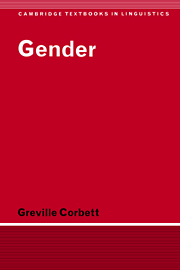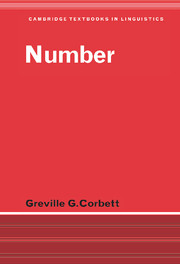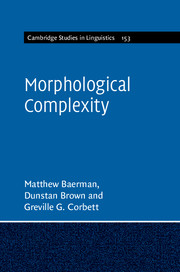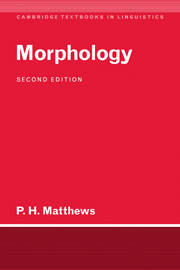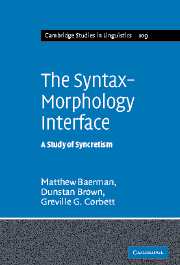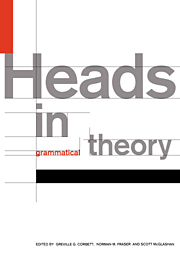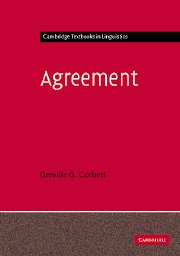Gender
Gender is a fascinating category, central and pervasive in some languages and totally absent in others. In this new, overall account of gender systems, over 200 languages are discussed, from English and Russian to Archi and Chichewa. More detailed analysis of individual languages provides clear illustrations of specific types of systems. Gender distinction is often based on sex; sometimes this is only one criterion and the gender of nouns depends on other factors (thus "house" is masculine in Russian, feminine in French and neuter in Tamil). On occasion there are equivalent distinctions such as human/non-human, animate/inanimate, where sex is irrelevant.
Product details
April 1991Hardback
9780521329392
384 pages
238 × 158 × 25 mm
0.682kg
Available
Table of Contents
- 1. Introduction
- 2. Gender assignment I: semantic systems
- 3. Gender assignment II: formal systems
- 4. The psycholinguistic status of gender assignment
- 5. Gender agreement
- 6. Establishing the number of genders
- 7. Target genders: syncretism and enforced gender forms
- 8. Hybrid nouns and the agreement hierarchy
- 9. Gender resolution rules
- 10. Generalisations and prospects
- References
- Author index
- Language index
- Subject index.

